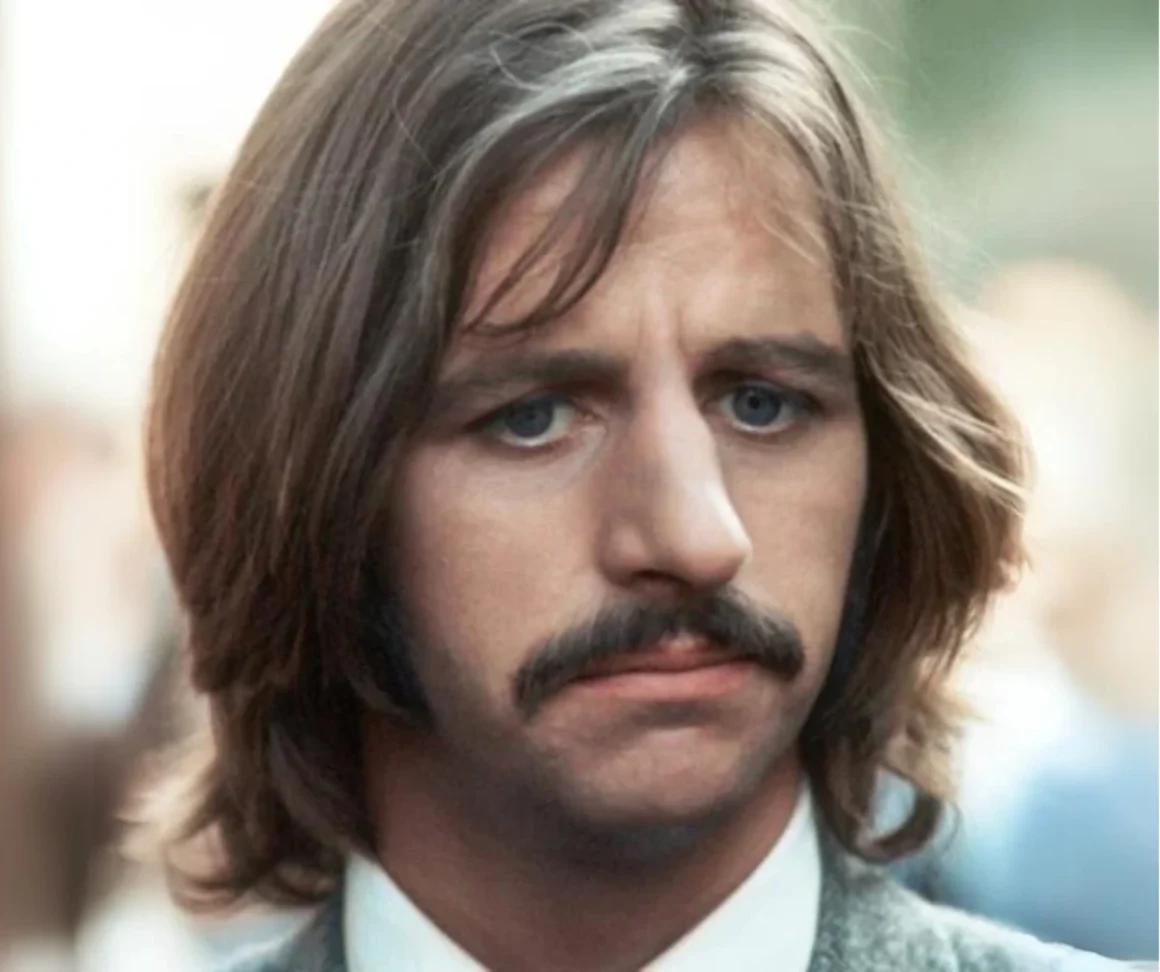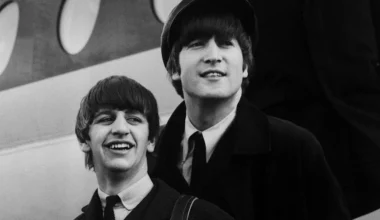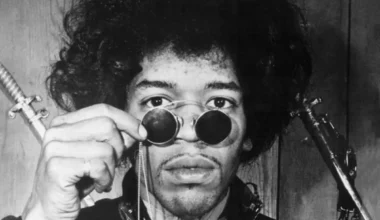Some of the greatest albums achieve legendary status only years later. Artists may pour their hearts into a project, but it’s uncertain if the world will embrace it. Take Sgt. Pepper’s Lonely Hearts Club Band by The Beatles; despite its acclaim, Ringo Starr admitted he wasn’t particularly enamored with it.
The Beatles’ decision to stop touring raised eyebrows, as bands that couldn’t hit the road often faced a halt in their careers. However, Paul McCartney had a grand vision for the band’s future. They had already started experimenting with their sound in earlier albums, but McCartney envisioned a lavish concept album where each member took on a different persona.
While the songs didn’t follow a cohesive theme, their innovative approach helped revolutionize rock music in 1967.
This era coincided with the Summer of Love, positioning The Beatles as ambassadors for the youth culture of the 1960s. Yet, while many celebrated the album’s brilliance, its imperfections often went unnoticed. John Lennon never warmed to the concept, and George Harrison expressed skepticism about McCartney’s extravagant ideas, aside from “Within You Without You.”
Ringo, meanwhile, felt out of place during the album’s creation.
He reflected, “I never really liked Sgt. Pepper. I mean, I think it’s a fine album. All the work we do is fine. But I felt like a session man on it. We put so much on it—strings and brass—and you’d sit ’round the studio for days, you know, while they’re overdubbing other things.”
Despite feeling sidelined, Ringo played a crucial role in connecting the album’s tracks. His three-count in “Lucy in the Sky With Diamonds” seamlessly ties the pre-chorus and chorus, while his crisp cymbal work in “A Day in the Life” complements McCartney’s narrative perfectly.
Ultimately, the creation of Sgt. Pepper wasn’t driven by the goal to make the greatest album ever; rather, it was about evolving. From the moment the title track’s opening guitars blared, the youthful essence of the moptop era faded into something altogether new.






